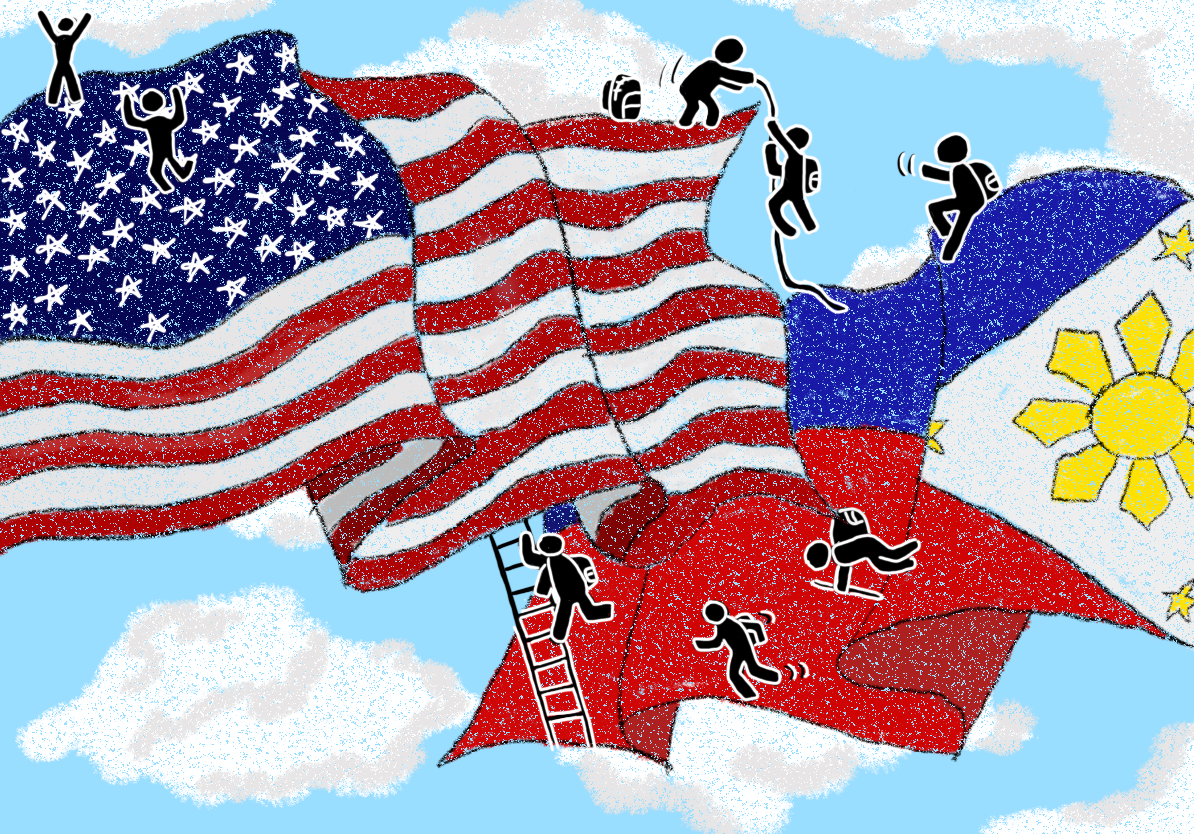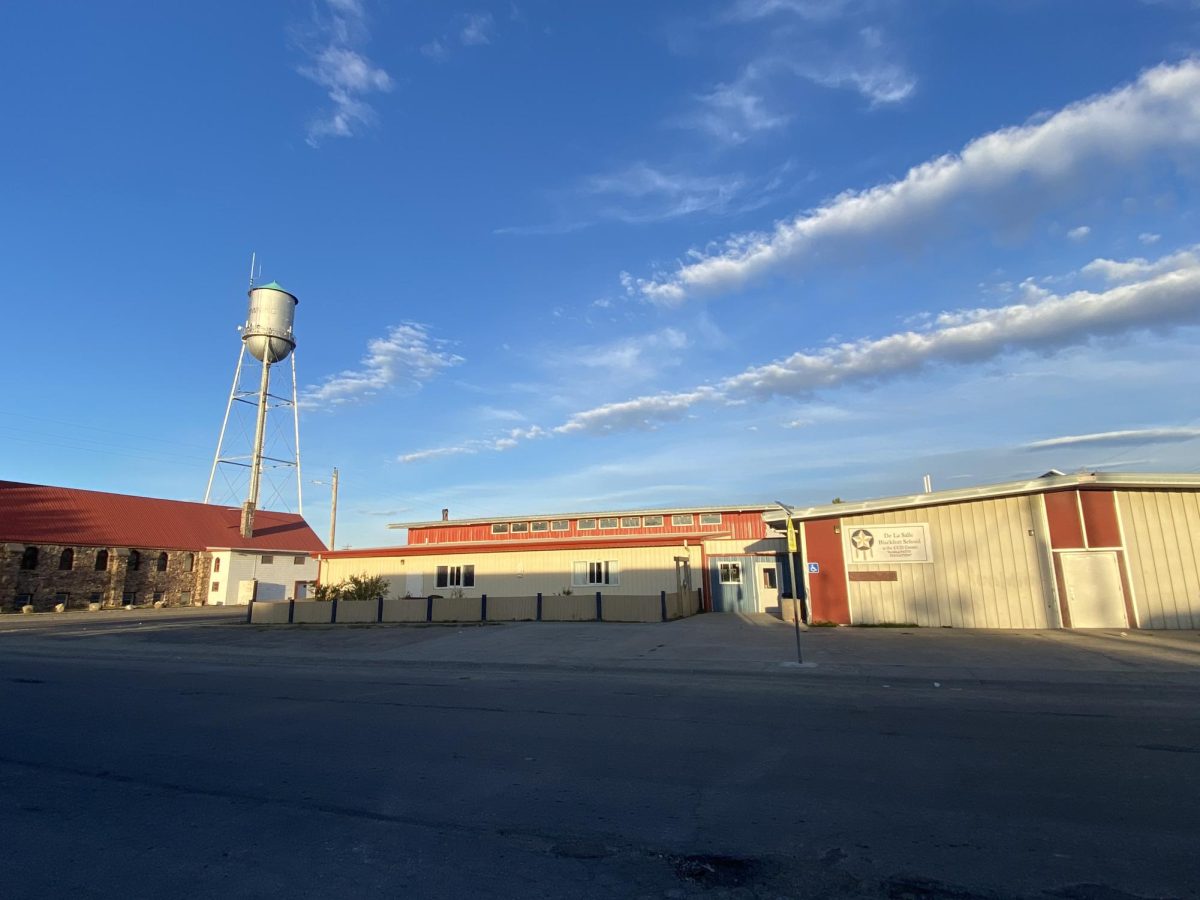What does it mean to leave everything behind and start over in a new country?
For my grandparents, immigrating from the Philippines to the U.S. was a difficult but worthwhile journey. Even many years later, their story continues to shape our family, influencing my mom’s experience as a second-generation immigrant and my own as a third.
My grandparents grew up in different parts of the Philippines, experiencing a wide array of different living conditions. My grandma was raised in Manila — the largest capital in the Philippines — and she remembers how her family lived in close proximity to their relatives. She was able to spend lots of time with them both inside and outside of school, doing things like “skipping rope, hide and seek, [and] other stuff that kids play,” she said.
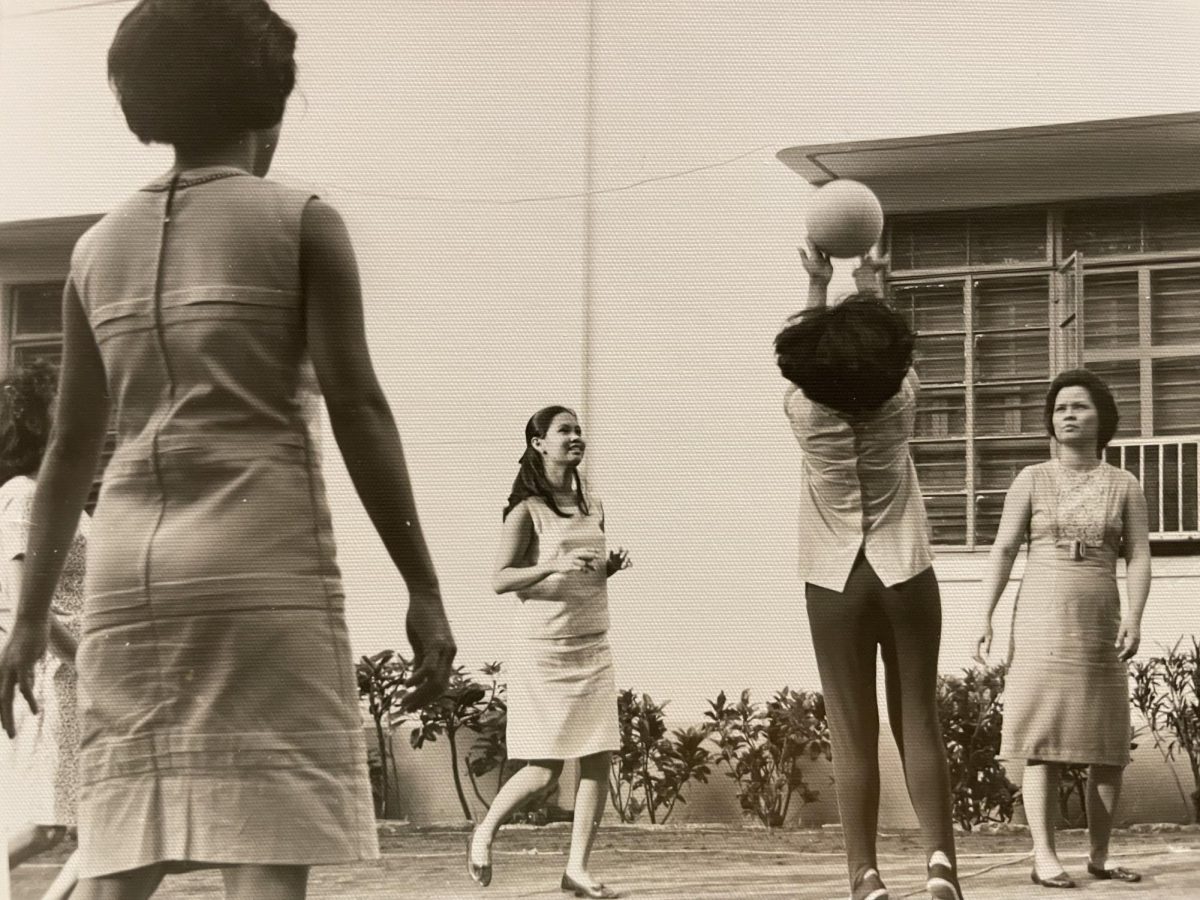
In contrast, my grandpa grew up in Batangas and was raised in poverty. Because his family couldn’t afford to pay rent, he often had to stay with relatives as well.
“We worked very hard when we were growing up,” he said.
It had always been a dream of theirs to come to the U.S. for better opportunities, live a better life, and eventually bring their relatives as well. It took them a lot of work to achieve their goal of migrating. The first thing my grandpa did was work for someone else, but it didn’t fulfill his desire of having his own business.
The journey from the U.S. to the Philippines was tough: “It was hard,” he said. “I remember when we left, we didn’t have any money, so we had to sell our belongings in order to come up with enough money for our airfare.”
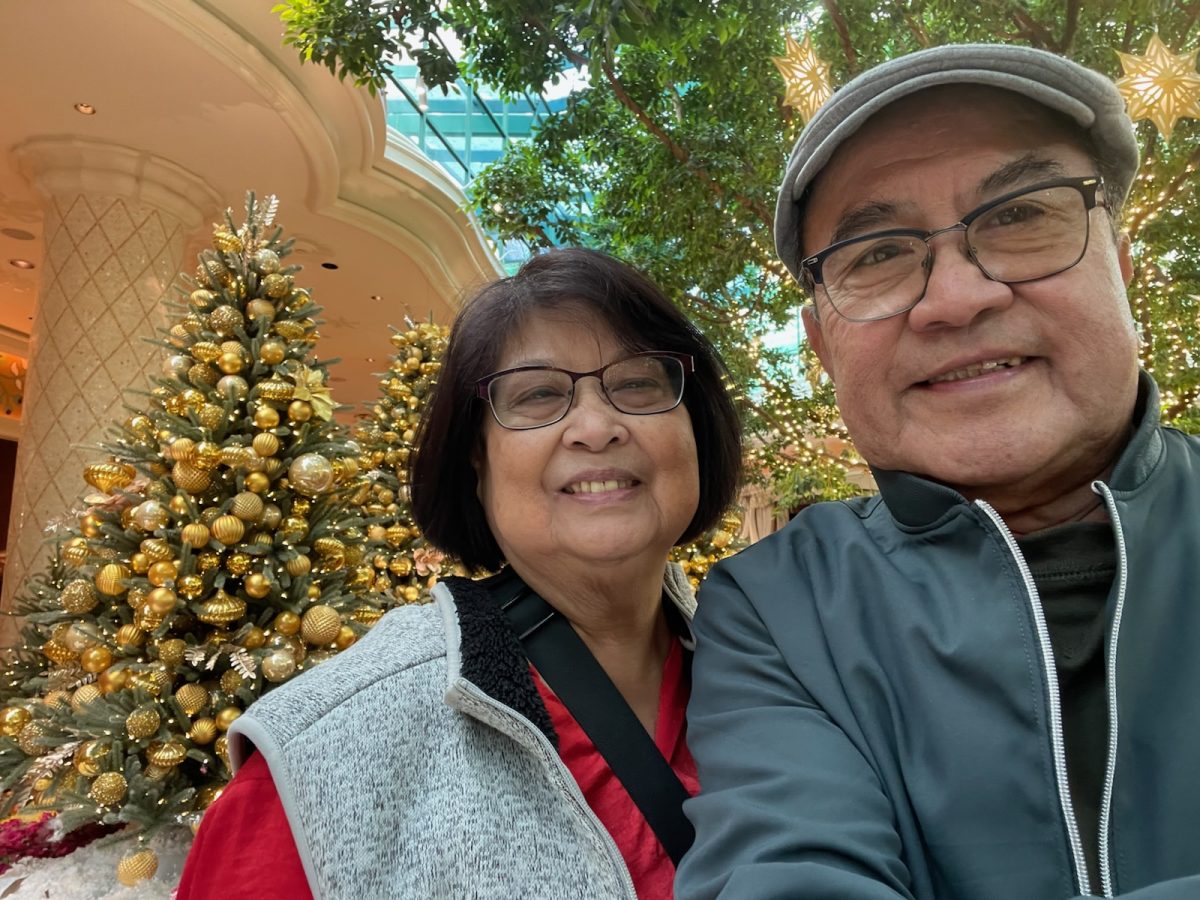
Still, that wasn’t enough.
My grandpa had to get a job as a warehouseman and my grandma worked for an oil company. As soon as they came to the U.S. they paid their airfare expenses they owed in the Philippines.
They had to leave the Philippines, a place they had known for their entire lives and their family — left with only memories of their community, and the hope they’d eventually reunite.
Upon arriving, the first thought my grandma had was “to find a job,” she said.
My grandparents were finally being paid in the U.S. dollar instead of Philippine peso, but many underestimated how hard they had to work for that money. Though they were paid more, life was harder in the U.S. as they didn’t have relatives they could count on for help.
“You pretty much have to do everything by yourself,” they said.
Once their relatives began to follow in their footsteps, they had to provide for them, as they were the first ones to come to the U.S.
My grandpa was able to keep alive his tradition of cooking, which he eventually turned into a business that he would then use to make money in the U.S. and provide for their relatives.
“That’s why we got involved in the restaurant business in the U.S. — because that’s something I really enjoy doing,” he said. To contribute while in the Philippines, my grandma worked at the Supreme Court and the Indonesian Embassy.
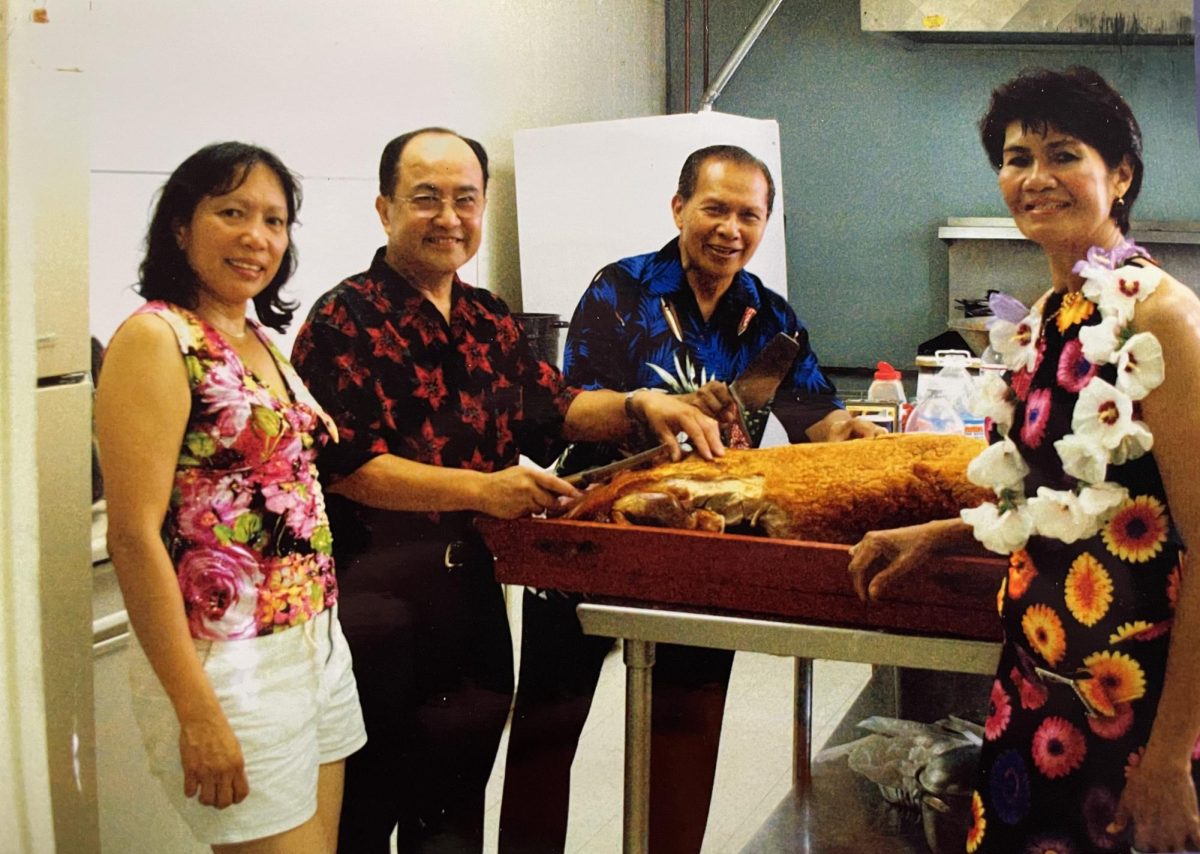
They often felt out of place in the U.S. This feeling contributed to the fact that they had trouble communicating with those around them, as while they learned English in the Philippines, they weren’t fluent, which made it challenging holding conversations.
“You’re kind of quiet,” he said. “You don’t know how to say what you have in mind.”
Once they met their neighbors, they began to feel welcomed, especially after they found people who went through similar experiences as them.
Having children, balancing their jobs, and taking care of the kids was difficult for them. They both worked very hard to gain enough money to support their family, but it boiled down to trusting each other, as they had to take turns and rely on one another to do their part.
But one thing that they made sure to instill in their children was to have faith in God and always be truthful and honest.
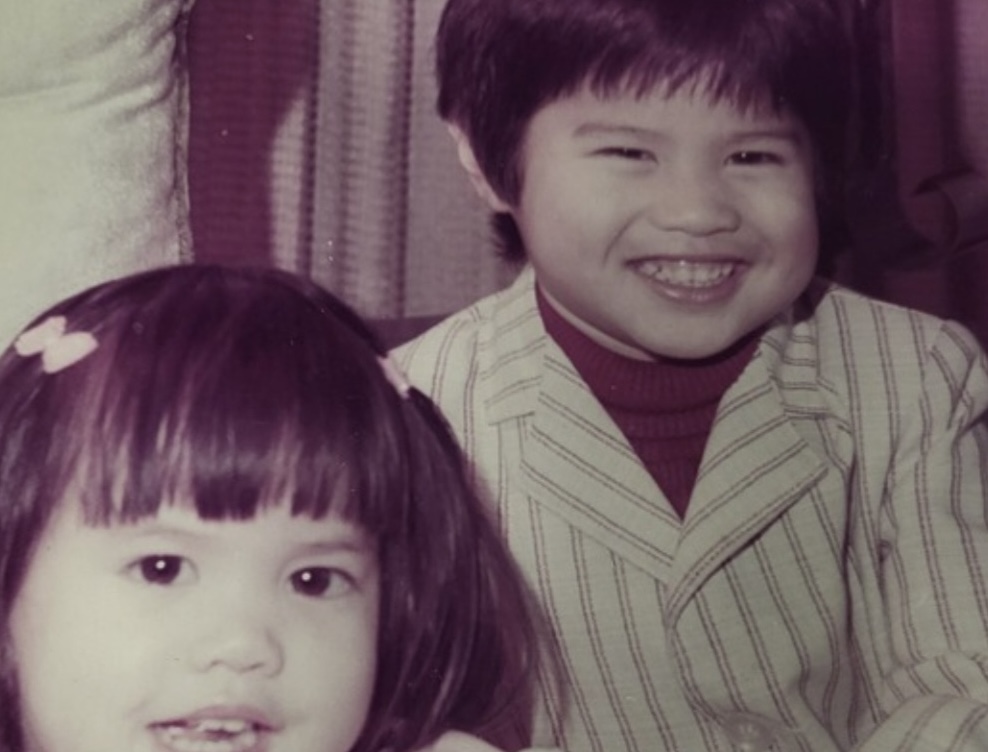
He chose to emphasize this while raising them in order to provide what he never had as a child: stability and success.
My mom remembers having a very good and comfortable life: “I was brought up in a home that was strict but also very loving, concerned parents,” she said. This was due to the amount of work her parents put in order to ensure her success. As a result, she was responsible for handling all the housework and chores.
This included cleaning the house, cooking for the family, doing laundry, and taking care of the entire house while they were gone at such a young age.
“They taught us how to do things, so they don’t tell us,” she said. “We just do it.”
Many of her friends didn’t have an immigrant background or parents with strict policies, leaving her feeling limited, left out, and a little out of place.
Because of their strict parenting style when she was little, she was quite obedient. Yet eventually, once she got older, she rebelled due to curiosity, peer pressure, and her surroundings.
Some similarities passed down between generations were their priorities.
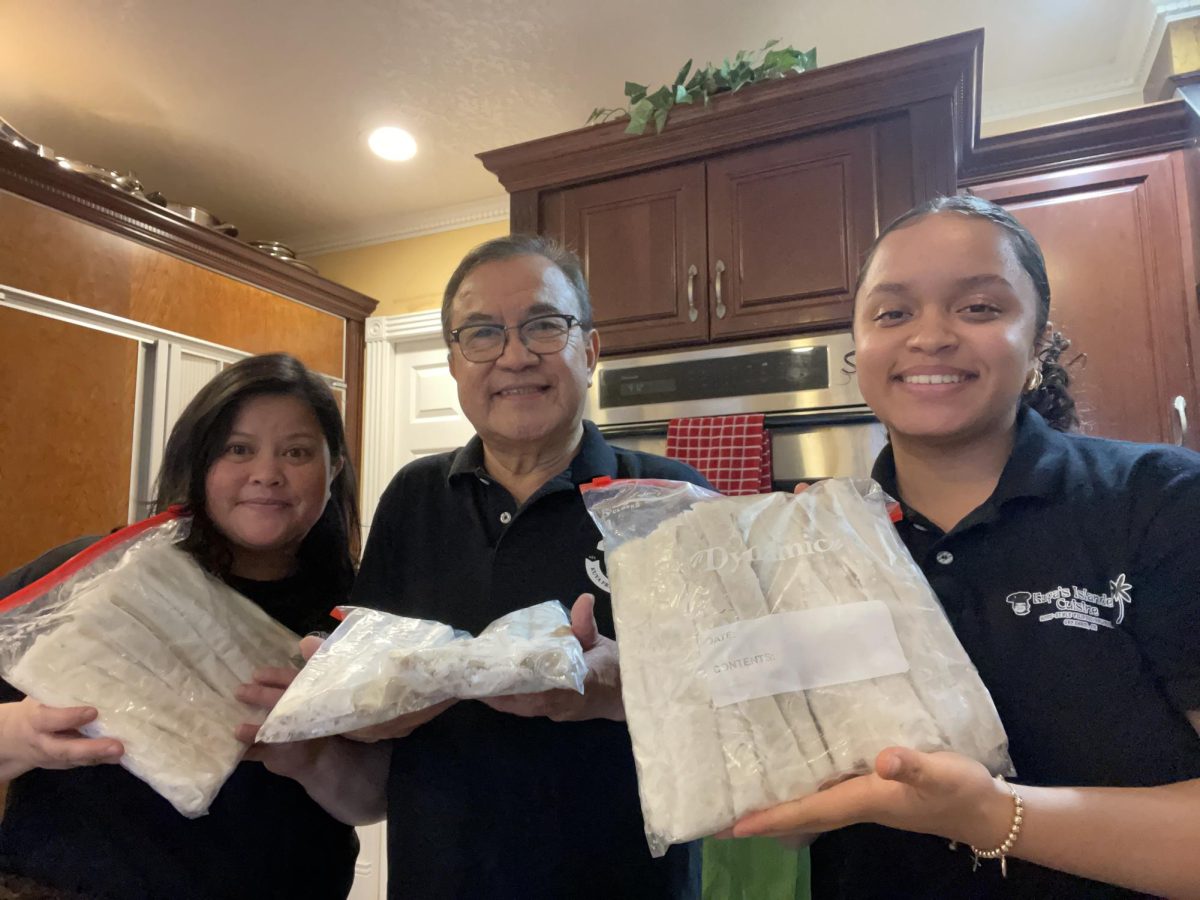
It was important to always put family first, be respectful to elders, and have faith. Her parent’s experience in the Philippines, prioritizing these attributes, was made sure to be passed down as they deemed them to be important.
These characteristics were then passed down into her parenting style, raising me to have faith, love, be kind, be considerate, be involved in my community, and always do my best — similarly to what my grandparents said.
The reason why she chooses to raise me that way is because “I want you to be able to be successful,” she said. “I want you to feel whole and valued.” Just like a parent would, and just like how grandpa wanted her to succeed so she didn’t have to go through what he did.
Grandpa’s desire to work independently and have his own businesses was then transferred onto my mom having her own career. The want to not have to work for someone else provides flexibility and independence, which is exactly what was taught to my mom at a very young age. As a result she currently works as the manager at my grandpa’s restaurant.
When I was little, she always made sure to expose me to Filipino culture. Whether it was singing, dancing, or even surrounding me with the language, she always made sure I knew who I was and where I came from culturally.
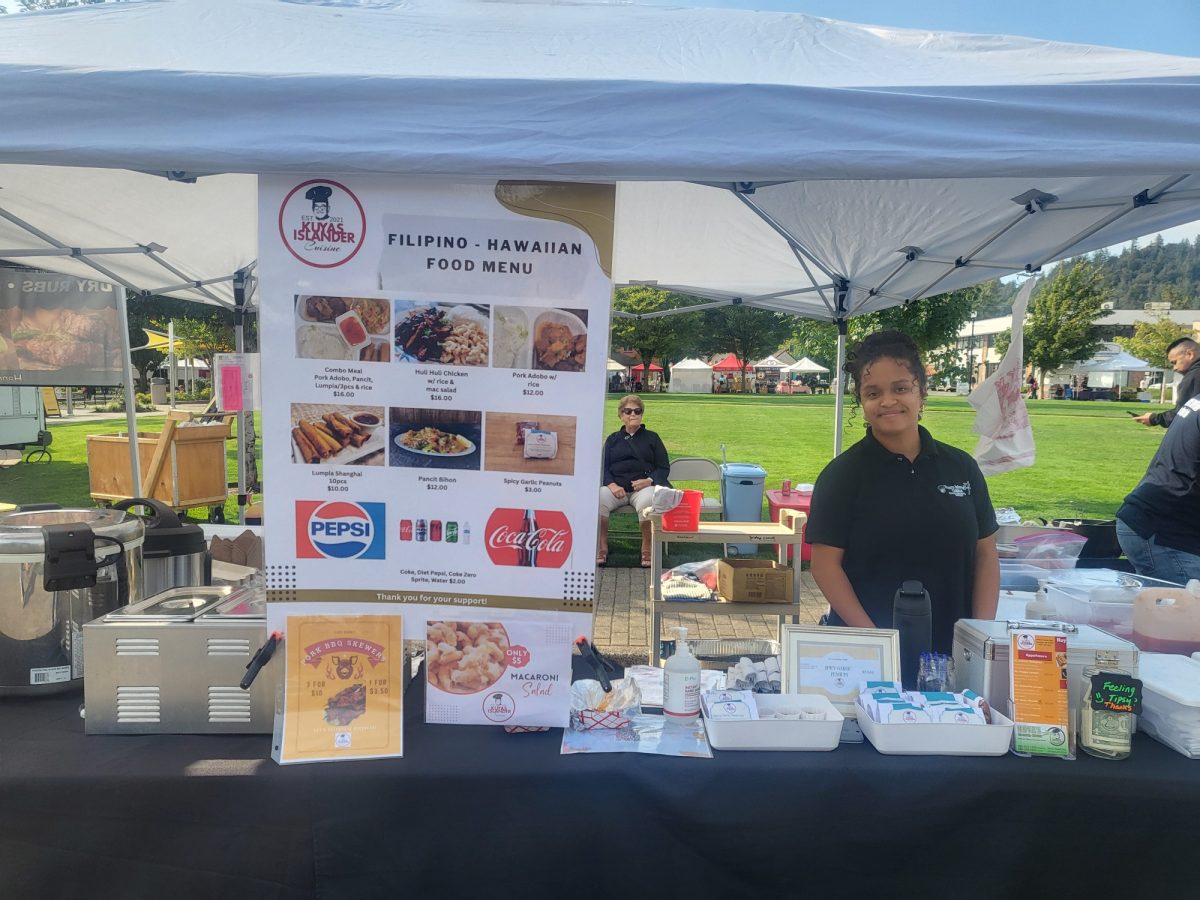
Because she has held a great deal of pride in her identity as a Filipino since she was little, she made sure to pass it on to me so I may pass it down to my children as well.
“It’s something that I feel is very special,” she said. “I think it makes us unique. I think it makes us feel like we belong.”
The values of respecting my elders, being helpful to others and my community, being kind to others, remaining hardworking, and many more are rooted within my culture and passed down for generations.
They have made me the person I am today.
It was because of my grandparents and my mother who passed them down that I can live successfully, with my priorities set straight and a tight-knit community I can count on.
Some advice they all gave me was to work very hard, get to know the community, make friends, be respectful, don’t give up easily, and never take anything for granted.

